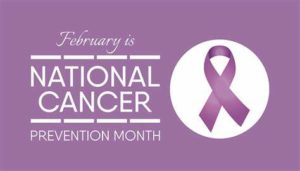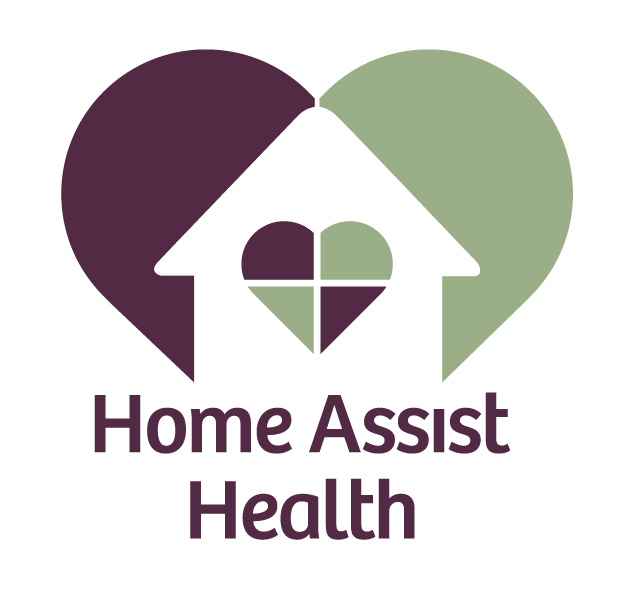
National Cancer Prevention Month is a month dedicated to raise awareness about cancer while encouraging prevention, detection and treatment. Many, if not most cancer cases are preventable. Which is why it is important to pick up cancer-preventative habits. National Cancer Prevention Month gives us a chance to make permanent lifestyle changes in efforts to reduce our cancer risk. It is never too late to start living a healthier life. Here are 5 tips to help you live a healthier life and reduce your cancer risk.
- Maintain a healthy weight with diet and exercise. Combining a healthy diet with regular exercise reduces the likelihood of obesity which is a major risk factor for several kinds of cancer. This includes cancers of the breast, kidney, head and neck, esophagus, pancreas, prostate, gallbladder and thyroid. Maintaining a balanced diet and incorporating exercise is a way to reduce one’s risk cancer.
- Limit or avoid red and processed meats. Both have been linked to an increased risk for cancer. Processed meats, such as hot dogs, bacon and lunch meat have been classified as a carcinogens. Red meat has been labeled a possible carcinogen, as well. Make more meals using poultry and fish or create meatless dishes using beans, eggs and other protein sources instead.
- Limit Sun Exposure. Constant exposure to the sun for that “gorgeous” tan is NOT worth increasing your risk for cancer. Tans will fade but the damage to your skin won’t! We have to remember that skin is a living organ and it is just as important to take care of it as we do our lungs, heart, and bones. Always wear sunscreen with an SPF of at least 15, wear clothing that protects your skin when you are out in the sun, and avoid tanning beds.
- Don’t smoke. Smoking accounts for about 30 percent of cancer deaths in the U.S., including about 80 percent of lung cancer deaths, and is a risk factor for a number of other cancers, including mouth, esophagus and kidney cancer.
- Stay on top of cancer screenings. Cancer screenings can detect abnormal cells before they become a problem. The U.S. Preventative Services Task Force recommends routine screenings for breast, colorectal and cervical cancers. It is also suggested that people with a history of heavy smoking receive lung cancer screenings. Routine screenings allow for an early diagnosis and greatly reduce the number of deaths. If you’re unsure about when to receive screenings, speak to your doctor for more information.
